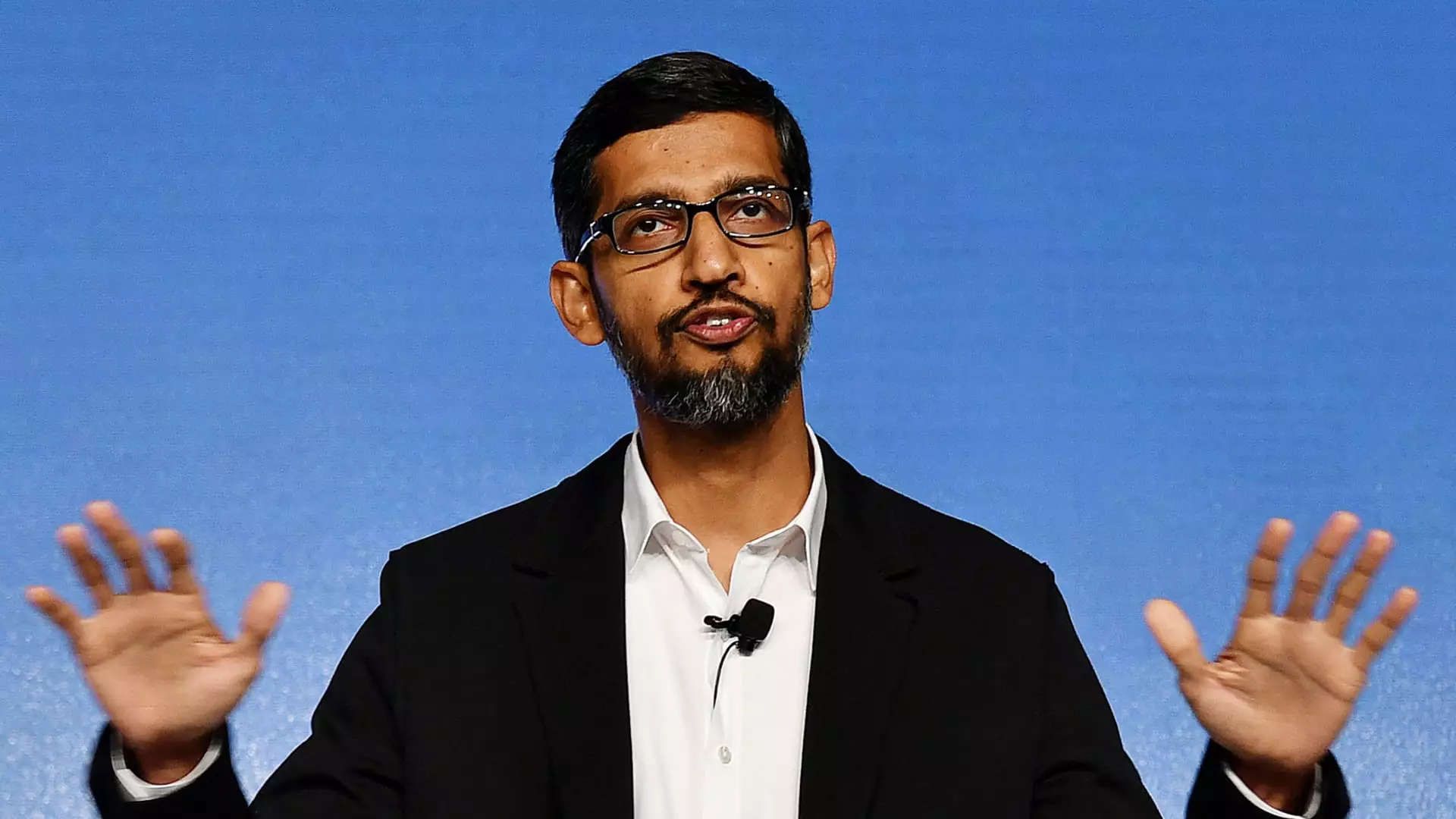In the lead-up to critical U.S. elections, Google, one of the most influential tech companies, has taken significant measures to regulate internal discussions among its employees regarding politics. As internal forums serve as platforms for discourse, the company’s recent actions suggest a proactive approach to containing political conversations that have potential implications for both its public reputation and internal culture. This article deconstructs the implications of Google’s memetic moderation, employee representation, and the broader corporate environment surrounding political discussions.
Recently, Google has indicated that it will not tolerate political discussions on its internal platform, Memegen. According to a memo from CEO Sundar Pichai, employees are being explicitly warned against sharing political opinions and engaging in what some may consider “toxic” conversations. Pichai underscores the importance of maintaining the company’s role as a reliable source of information in a politically charged environment. This decision aligns with Google’s overarching stance on creating a non-hostile workplace where all employees feel safe to share their thoughts without fear of retribution.
Critics of this policy, however, argue that such restrictions could stifle free speech among employees, especially considering the dynamic nature of political climates where many workers might wish to express their views. This brings into question how much leeway employees really have in voicing their opinions on matters that directly affect their lives, particularly when the general atmosphere of political discourse becomes heated.
Google’s restriction on political expression is not a new phenomenon; it echoes policies implemented as early as 2019 aimed at curbing discussions that could insult or demean colleagues. This marks a clear cultural shift within Google, from a company that celebrated open communication and exchange of ideas to one increasingly concerned about maintaining a homogeneous internal dialogue. By broadening the scope of moderative practices, the company appears to lean towards an environment that prioritizes conformity over candidness.
Moreover, the introduction of artificial intelligence tools to regulate this content signifies a deeper commitment to strict oversight. The intent lies in eliminating divisive content that may lead to conflict but raises concerns about the interpretation of “offensive” content. This may inadvertently result in a homogenization of perspectives, where only non-controversial sentiments are sanctioned for public display, effectively homogenizing employee expression.
Despite these restrictions, many employees continue to use Memegen to express their political sentiments. This resistance illustrates an underlying dissatisfaction with the company’s current leadership approach. The failure of executives to quell internal dissent indicates a significant divide between executive policies and employee expectations. Such actions are often emblematic of broader organizational issues, suggesting that while leadership may aim to create a smooth operational environment, employees are yearning for an outlet to express genuine political sentiments that reflect their beliefs and experiences.
Additionally, the company’s actions following labor disputes (like the Project Nimbus contract controversy) suggest a wariness towards dissent within its ranks. This growing concern over potential backlash might hinder employee resilience and engagement, further alienating individuals who feel their voices are being marginalized.
The repercussions of strict regulations on political speech extend beyond the destinations of Memegen. They raise questions around how future corporate culture will evolve and the potential consequences for employee morale. Employees who feel restricted in their expression may disengage from their work or even lead to elevated turnover rates as individuals seek workplaces that foster open discussion and transparent dialogue.
Moreover, as Google aims to be a trusted information source external to its employees’ political views, it must consider how the company’s internal culture aligns with this goal. Employees are, after all, the primary ambassadors of a company’s values. A disconnect between internal policies and company messaging can lead to credibility issues, especially for a brand that thrives on trust.
Google’s recent approach to managing internal political discussions reflects growing tensions between corporate objectives and employee voice. While the aim is to maintain a harmonious work environment, the stringent guidelines may diminish the sense of belonging and open dialogue that drives innovation and productivity. As politics remain a vital aspect of societal interaction, the solution may lie in finding a balance that respects individual expression while fostering a collaborative internal culture. The stakes are high—for both Google and its employees—as the ongoing pursuit of a cohesive yet diverse workplace faces critical scrutiny in today’s political climate.

